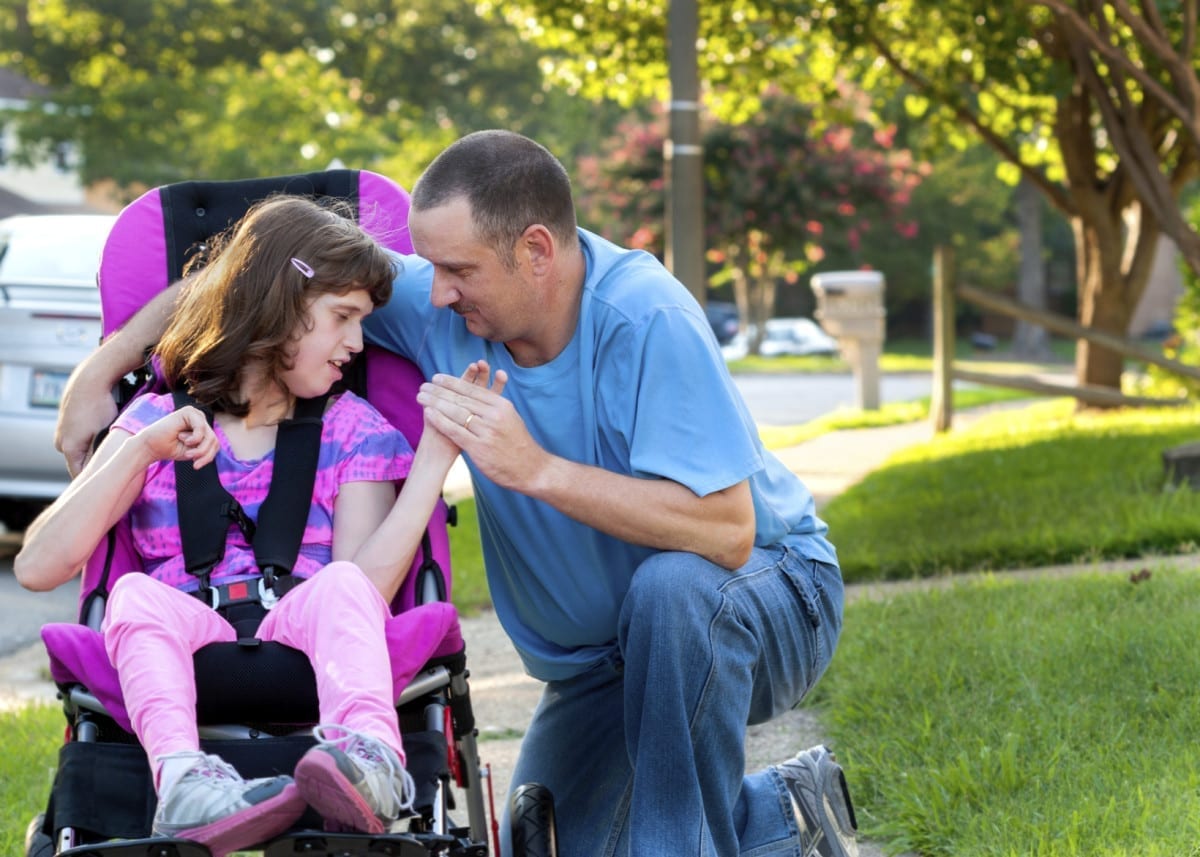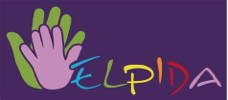ELPIDA, a learning community to improve the quality of life of persons with intellectual disabilities

ELPIDA, a learning community to improve the quality of life of persons with intellectual disabilities
Foundation of Research and Technology, Greece

Foto: ELPIDA Project
Open e-learning platform to provide the necessary knowledge and skills on how better to support the needs of children of all ages with intellectual disabilities. It contains six interactive educational modules providing more training, awareness raising and/or attitude change on key areas that have been identified with the active engagement of family members of PWID. These topics / areas are: Human rights, Communication, Ageing, Stress management, Transition to adulthood, and Sexual health.
The main objective of ELPIDA project is to improve the quality of life of persons with intellectual disabilities by empowering family members and especially parents. Project partners believe that knowledge to be gained by parents of persons with intellectual disability through this educational platform will have a positive impact their children and will contribute to a better transition to adulthood, social inclusion, and better quality of life in general.
Also the project aims to create a large community of well informed and adequately equipped participants who will feel competent to support the needs of their family member with intellectual disabilities.
Characteristics of innovation
Location
Heraklion, Creta, Greece
Partners / Funders
European Parents Association, Bèlgica; Puzzle SE, Grècia; Center for Specialpædagogiske Børnetilbud (CSB), Dinamarca; Internationaler Bund (IB), Alemanya; Oslo Metropolitan University, Noruega; Programa Erasmus+, CE
Genesis
The majority of approaches targeting issues of intellectual disability (ID) are either focused on persons with the intellectual disability or on professionals in an effort to equip them with appropriate educational and support strategies. The need to provide parents with the necessary information and skills in order to better support their children with ID is often overlooked. Parents, though, play a significant part in supporting their children to become active members of the society and to have good quality of life.
Implementation level
The training material is available in six languages , Danish, English, German, Greek, Norwegian, and Portuguese. A French version is currently under construction.

Banc d’innovacions






